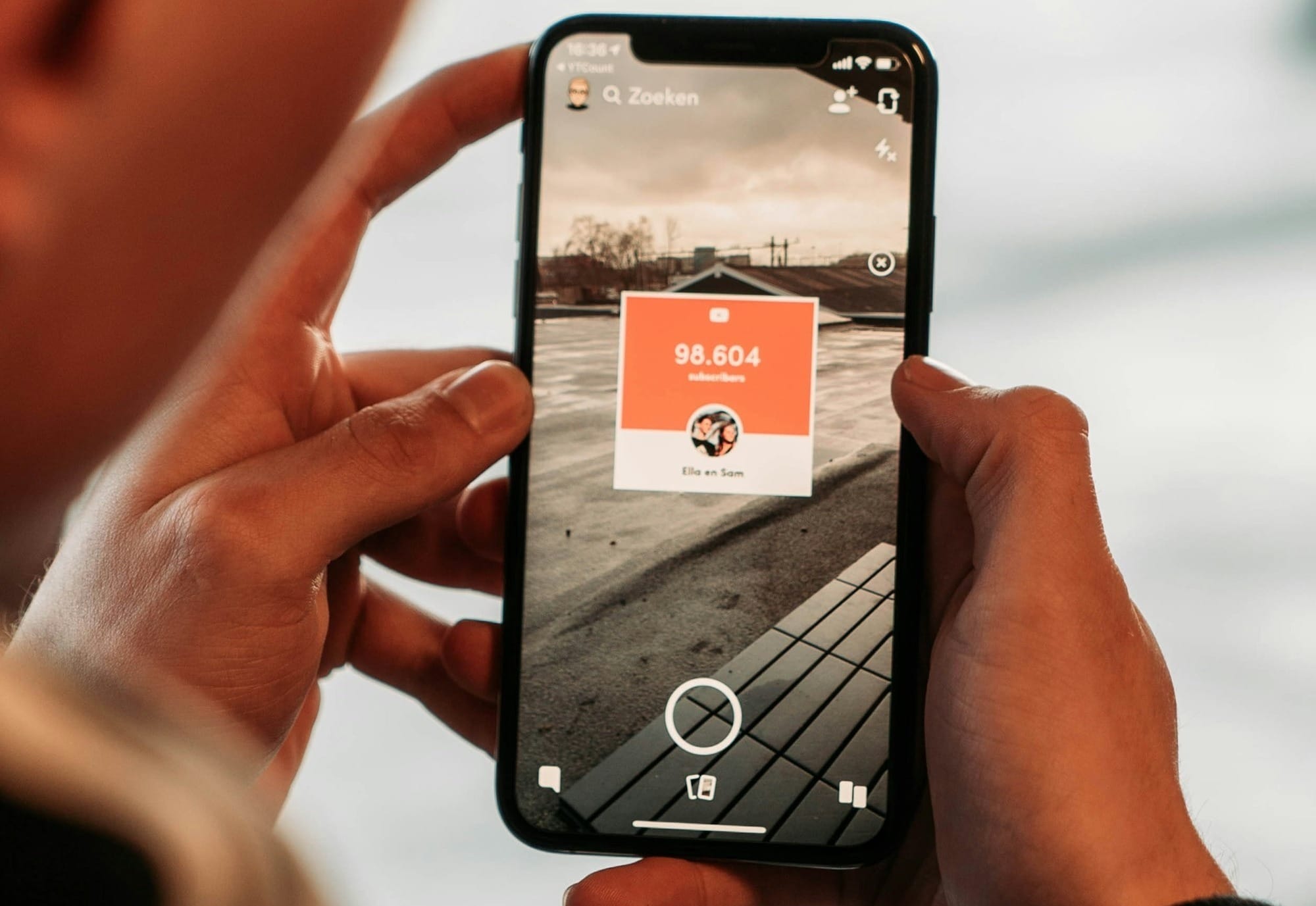Snapchat Launches AI Tools for Advanced Augmented Reality
Snapchat intends to keep the competition going with the launch of its AI tools for advanced AR.
Snapchat has fully caught on to the AI wave, and this time around it is setting the bar even higher by giving us a preview of its upcoming on-device AI model capable of transforming a user's surroundings with augmented reality.
The model will soon let creators turn text prompts into custom lenses, potentially allowing them to get creative with looks they can try on and send to their friends. So for example, a creator could issue a prompt saying "50s sci-fi film" to the AI model, and it would transform the individual's surroundings, as shown by the GIF below.
:no_upscale():format(webp)/cdn.vox-cdn.com/uploads/chorus_asset/file/25498054/snapchat_lens_gif.gif)
Moving on, Snapchat is also rolling out a suite of AI tools that could make it easier for creators to make custom augmented reality effects. Some of the tools are already available on the latest Lens Studio version and include new face effects that creators can use to write a prompt to create a custom lens that transforms the user's face.
Interestingly, the suite also includes a feature called "Immersive ML" that applies a realistic transformation to the user's face, body, and surroundings in real-time.
:format(webp)/cdn.vox-cdn.com/uploads/chorus_asset/file/25498174/snapchat_studio_immersive_ml.png)
Other AI tools that will feature on the Lens Studio in the coming months allow creators to generate 3D assets based on a text or image prompt, create face massage textures, and make 3D character heads that mimic a user's expression.
Snapchat's CEO, Evan Spiegel, confirmed that Snapchat introduced these new AI tools because it wants to compete more effectively with other social media platforms like TikTok, which has been hard at work, as shown by its recent release of AI avatars for creators and stock actors in its ads.

Snapchat has also confirmed that users will be able to use the AI tools in the coming months and creators can start making lenses with the upcoming on-device AI model by the end of this year.
On a separate note, Snapchat earlier released a chat editing feature exclusively for Snapchat+ subscribers, who currently stand at around 9 million globally, per data from Statista.









